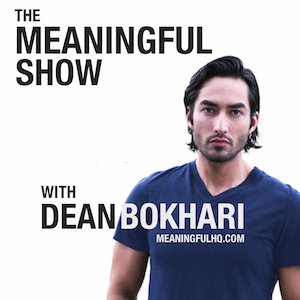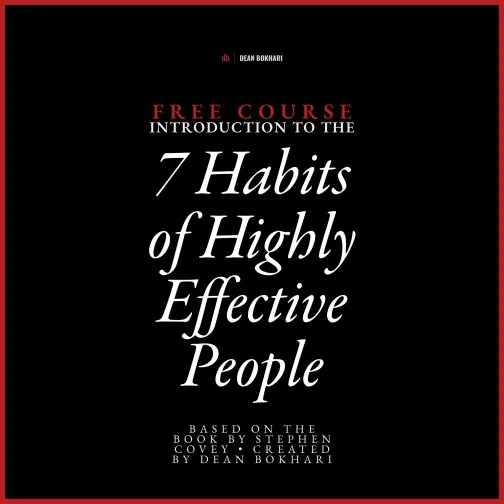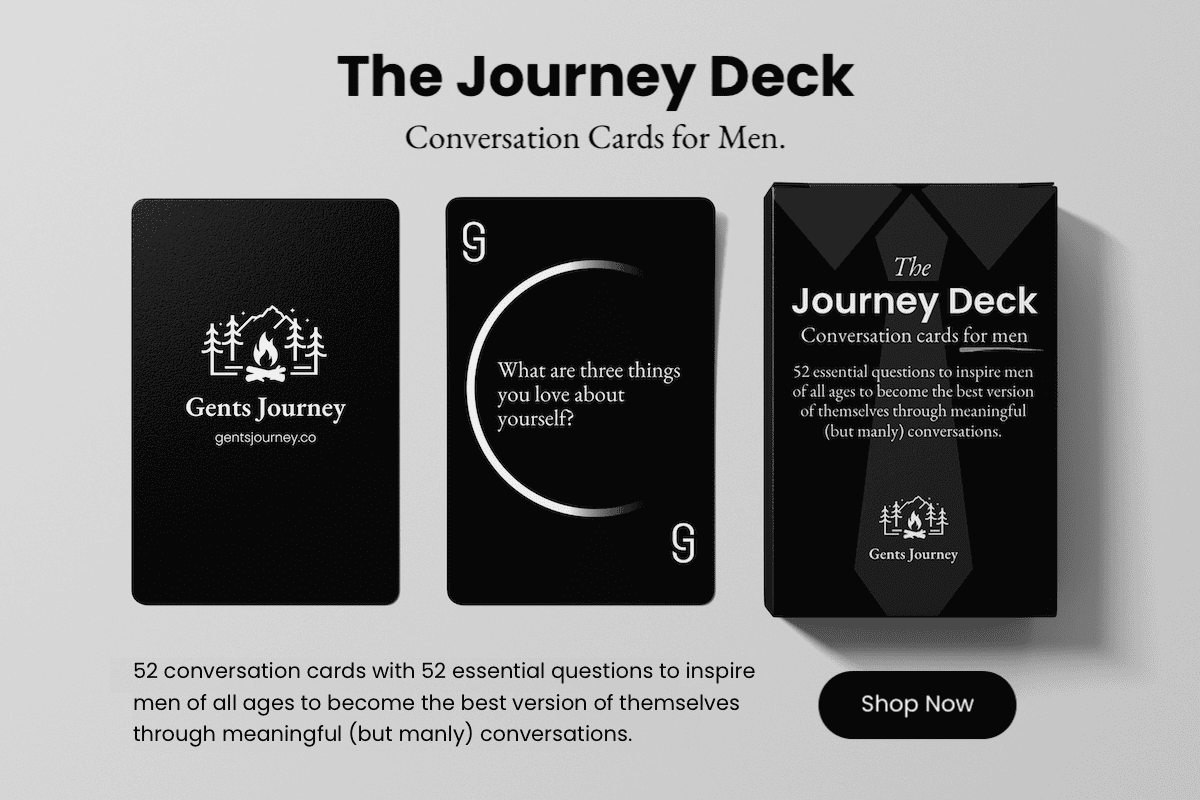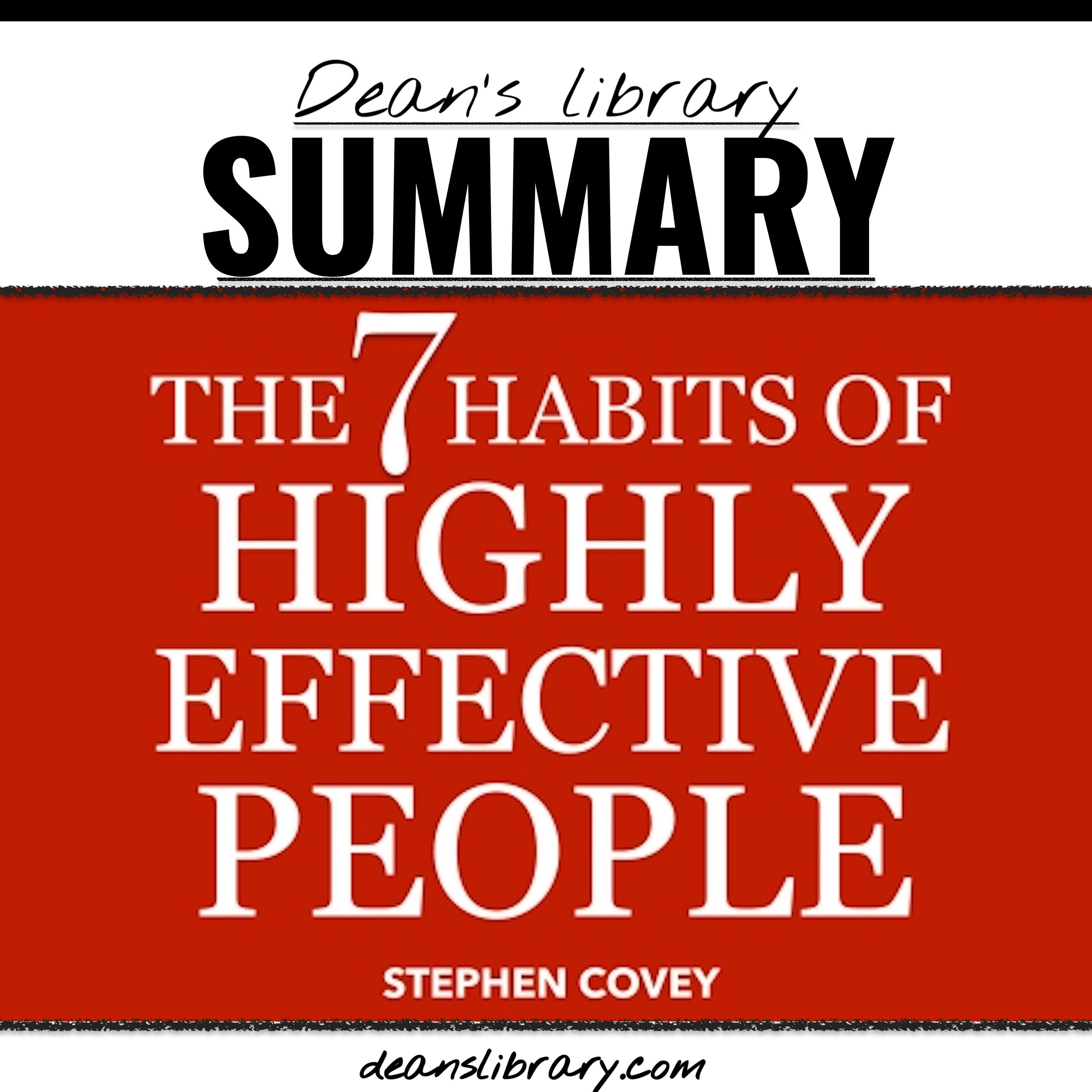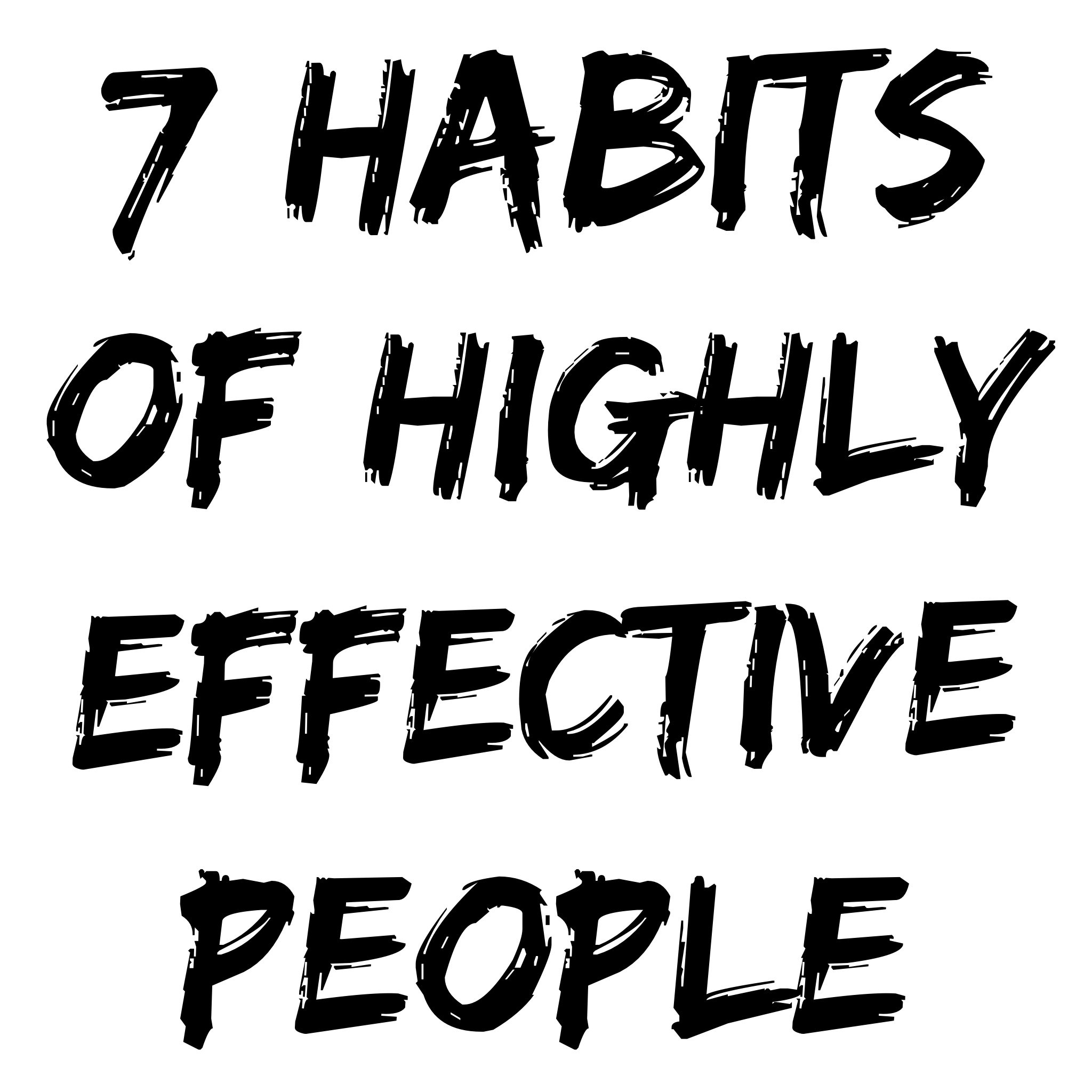Happy Money: The Science of Happier Spending
Did you know that Virgin Galactic, the world’s first commercial spaceline, is currently pre-selling tickets for flights into outer space? No joke.[1] Right now, today, you can log on to Virgin Galactic’s website and buy yourself a ticket, and once the space shuttle is ready to go, you’ll be able to do what only a handful of folks have ever done before—ride out beyond our planet and into outer space. And once you’re out there, you’ll get to spend six, solid, solitary minutes amongst the stars, looking back down at our pale blue dot, before it’s time to head back down to Earth. Exhilarating. Insane. Awesome.
I would do it for sure.
But wait, how much are tickets?
$200,000 USD
Wait—$200k for six minutes in space? (Say what!)
Yep. And people are buying, too.
Now, let me ask you this: if you had to choose between spending $200,000 to prebook a ticket to enjoy six minutes in space vs spending that same amount of money on something like a new house — which one would you choose?
And which one do you think would bring you more long-term happiness?
Answer? I don’t know which one you’d rather spend the money on, but I do know which one yields higher levels of happiness, and it’s that 6-minute vacation to outer space.
I picked up this little factoid from a book called Happy Money:The Science of Happier Spending, by Elizabeth Dunn and Michael Norton.
In the book, they explore how the way you spend your money can have more of an impact on your happiness than how much money you actually have or make. It’s not a book about how to make more money, but a book that teaches us how to spend money in ways that will yield true happiness — both personally and professionally.
The interesting thing that I keep coming back to from the book, is how the authors point out the fact that there are SO MANY people out there ready and willing to advise us on how to make more money, but so few people out there showing us how to spend that money in a way that allows us to extract the maximum amount of happiness from it.
And if you’ve ever looked into finding answers to questions that are anything even remotely close to questions like, “what are the best ways to spend my money to yield the highest levels of happiness?” you end up with some stupid response like “money doesn’t buy happiness.”
In this article/episode we’ll dive into some ways in which you can spend the money you already make to buy things that help you feel like the money was well spent—because it gave you the ability to experience a higher level of happiness.
A few things you’ll have learned about by the time you’re done reading/listening:
- How and why you should use your money to buy experiences rather than material possessions.
- How to change the way you spend your time, so that you can live a happier life.
- Why paying for stuff ahead of time increases happiness.
Prefer audio? Listen to the podcast version below | Listen on iTunes
Happy Money—6 Rules for Happier Spending
1) The way you spend your money matters more than how much of it you have.
“…money can do a much better job of buying you happiness if you spend it right, since some purchases give you a bigger happiness bang for your buck than others.
Research shows that the way money is spent rather than how much of it a person has is what determines happiness. One of the authors, Elizabeth Dunn, got especially curious about how to best spend her money after graduating from college and securing her first full-time, income-generating job as a professor.
She decided to do some research to figure out the smartest way to spend money. And she found astounding amounts of evidence showing that increased income does not automatically mean increased happiness for most people.
Eventually Elizabeth ended up joining forces with her friend and co-author Michael Norton, who was also a professor. The two decided to investigate more closely what adults tend to do with their money and how these choices affect their happiness.
They discovered that though having more money could not automatically increase happiness, changing the way it was spent could definitely increase happiness.
Their research began in the United States but has expanded to countries in all areas of the world. Their findings suggest that spending habits not only have a great impact on the happiness of individuals, but also on the success and well-being of corporations and even countries themselves.
They repeatedly found that the happiness of people around the world had little to do with income. This is because the pursuit of more money often leads to the sacrifice of the things that are proven to improve happiness—such as interaction with others, exercise, or investing time in projects of passionate interest.
Now, all of this is not to say that it’s wrong to pursue more money—it’s totally fine, and if you want to, you absolutely should. But it’s also worth thinking carefully about the ways in which you spend the money you already have, because doing so can lead to greater happiness.
It’s not more money that leads to more happiness, it’s the way you spend your money that leads to more happiness. (click to tweet)
2) Buy experiences rather than material items for more happiness.
“People who spend more of their money on leisure report significantly greater satisfaction with their lives.”
Purchasing experiences rather than material objects is proven more likely to lead to overall happiness. For example, Virgin Galactic is now pre-selling tickets for a trip into space for $200,000. If you decided to pull the trigger on a ticket, you’d spend a total of six minutes in space before it’s time to turn that space shuttle back down towards Earth… Sound like a crazy way to spend $200,000?
Now, though this probably sounds like a ridiculous purchase, research conducted by Dunn and Norton suggests that such a purchase could actually lead to more happiness than spending that same amount of money on something more practical, like a new house.
One study from 1991–2007 in Germany tracked the happiness of people who bought new homes because they were unhappy with their old homes. The study found that they were more satisfied with their new homes, but the study also found that their overall happiness had not increased at all.
Even after the horrific housing meltdown of 2008, 90% of Americans surveyed considered home ownership an integral part of achieving success and happiness in America. Still study after study shows that owning a home does not increase overall happiness. One such study conducted in Ohio polled six hundred women about home ownership and found that the homeowners were no happier than renters, even when owning a home was seen as a solid financial investment (which it isn’t).
Take a quick second to think about the last big material purchase you made (ex: a new TV, car, clothing, home, etc.)
Now compare that big material purchase to an experiential purchase you spent a similar amount of money on (ex: a vacation, a nice dinner out with your partner, bungee jumping, etc).
If you took the time to make these two comparisons, you probably found that thinking about the experiential purchase evokes memories of the sights, sounds, feelings and people you were with… while the material purchase doesn’t evoke the same feel-good senses.
That said, which do you think made you happiest? The material purchase, or the experiential purchase?
Many research studies conclude that people are happier when thinking about experiences they have had rather than items they have purchased.This is because experiences allow us to connect socially with others and leave us with good stories to tell. Experiences also help us share and define who we truly are more easily than material purchases ever could. Finally, recalling positive experiences lends itself to feelings of nostalgia which have been proven to increase feelings of self-worth and decrease stress.
One company that knows the impact of experiences on happiness is Google. The company once rewarded it’s best and brightest with cash incentives or stock. They now reward with life experiences such as paid vacations to destinations like Costa Rica. The lasting happiness stemming from a trip like this outweighs any monetary reward that could have been given in its place.
If you think about large purchases you have made in your lifetime, it is probably easy to see why research tells us that our satisfaction with experiential purchases tends to increase with time, while happiness stemming from material purchases decrease with time as the novelty wears off.
Actionable Insight(s):
- To increase your overall happiness, find unique experiences to purchase that connect you with other people and are linked to your sense of self. There’s increasing scientific evidence that you won’t regret it!
3) Make the extra things you spend your money on treats rather than daily indulgences.
“The single greatest thing you can do to change your life today would be to start being grateful for what you have.” —Oprah Winfrey
Research shows that it is smart to indulge on the things you love less frequently in order to derive more happiness from them. When we are used to having something all of the time or in large amounts, we tend to enjoy and appreciate it less. Sometimes getting used to something can be positive, like getting used to the cold weather in the wintertime, while other times it can steal our joy. A phenomenon called habituation can take over when we get used to something, causing the happiness we once had about a new purchase to fade.
The fact that money may give us more abilities to experience great things, makes us also miss out on small great things because we are always expecting and wanting more. A study by researchers at Yale had people make predictions about how long their pleasure in a variety of new products might last, and most admitted that the joy would diminish over time. We easily forget this when we’re looking at novel items to purchase, though.
So here’s the key: appreciate the things you have each and every single day.
This is especially good advice if you’re wealthy. One Belgian study showed that people with more money were less likely to appreciate the small but beautiful things in life such as a walk on a mountain trail.
Just as having easy access to something makes it easier to take for granted, having a limited amount or availability of something occasionally makes it easier to enjoy and appreciate. For example, one of the authors, Mike Norton, loves treats that are only available at certain times of the year, like Egg Nog. The fact that he can only have this around the winter holidays makes him truly appreciate it when it comes around each year… Which one of your pleasurable over-indulgences do you think you could do the same thing with?
Actionable insight(s):
- You do not need to deprive yourself of things you love. However, there is an increasing amount of research that says that strategically changing your patterns of consumption can make a big difference in how happy you are. For instance, instead of stopping by Starbucks to buy that super-frappa-mocha-latte thingy that you love so much every day on the way to work, try making the Starbucks stop a treat just once a month (or once a week). For the rest of the week, you could just have regular coffee on your way to work. But when that special day of the week rolls around, you can look forward to treating yourself with that special super-frappa-mocha-latte (or whatever you call it!) This habit of treating yourself prevents you from letting something that used to be an indulgence, turn into a mundane thing you just do everyday.
4) Knowing something is almost over makes us appreciate it more.
As we touched on just a moment ago: Appreciation = Happiness.
And when we know something is almost over, we tend to appreciate it more. Which means we tend to be happier when we’re spending our time and money on it.
When a joy-inducing experience is always around us, we put off doing it. For example, permanent residents in London reported seeing fewer landmarks there than short-term visitors. This lends itself to the concept that shorter windows for enjoying something may lead to greater joy.
Some companies have seized upon this concept using something called scarcity marketing. KFC experienced unheard of success when it’s Double Down Sandwich first hit the menu. KFC then took it off the menu, so it could later make a comeback. McDonald’s has done the same with the McRib which is only available for a limited time, and therefore is hugely popular. Zipcars are created for driving experiences rather than mundane travel activities. Renting these cars is cheaper than purchasing a flashy car, and they are more fun to drive.
Companies like Homeaway and SailTime are springing up everywhere with opportunities to share experiences and possessions instead of owning them. They realize that limiting the access consumers have to their products and services causes them to relish them even more.
When you think about it, can’t we look at everything in life trough the “almost over” lens? After all, you and I won’t be alive forever. Our biological clocks are ticking. And so from this perspective, we can add more happiness and meaning to our lives at every level. One way I like to think about it is this: I can be uncompromisingly rigid when it comes to my work—when it’s time to work, it’s time to work, so DO NOT f*ck with me while I’m getting things done. Now, there’s definitely logic behind my approach… I’ve learned that the best way for me to stay focused and productive on the things that matter most is to organize my days with time-blocks—uninterrupted blocks of time in which I single-focus my energies on doing my most important things. No multi-tasking. No task-switching. No social media. No non-sense. My time-blocks are sacred.
But you know what’s more sacred to me than anything else in the world?
My 20 month-old daughter, Nora.
If my chubby little princess asks her mom to FaceTime dada, I’m willing to drop almost everything else I’m doing in order to pickup the phone.
Why?
Because, as you may or may not know, babies change. They grow up and get old and lose their chubby little rolls. They stop talking like babies, and they start using real sentences. They start becoming independent and stop wanting to cling to their parents 24/7.
With babies, your time is always almost over.
And that’s why I’m always trying to appreciate my own little girl as much as humanly possible. Even if I have another kid sometime in the future, it’ll never be the same. I might be older and less energetic, I might be traveling too much and less accessible, a million different things could happen that would make it impossible for me to recreate the same experiences I get to share with my daughter ever again after they come and pass.
Here’s the bottom line…
Actionable Insight(s):
- Appreciate every little detail about your life—both bought as well as free—from the pants you’ve got on, to the green juice you’re drinking; to your health, your family, your home, and beyond. Because knowing that all the things you get to have and experience in life are ALL always almost over, leads to higher levels of happiness and life-satisfaction.
5) Buy more time to do the things you enjoy and delegate for the things you don’t.
“…We too often sacrifice our free time just to save a little money.”
The other day, I went to Costco to pickup some groceries and other stuff I buy in bulk; you know, the essentials, like coconut water and magnum condoms. As I was rolling out of the parking lot to head back home, I noticed that there was a MASSIVE line at Costco’s gas-station… Each gas pump had at least a 7-car, bumper-to-bumper line of people willing to wait 30–45 minutes just so they could save a few extra cents on their gas. This cracks me up every time, because just I can’t help but wonder: wouldn’t these people rather be spending their time doing something more worthwhile? Like hanging out with friends and family? Or working on something enjoyable? Or exercising? Or anything else but waiting in a 7-car line just to save a few cents on gas, especially when they could be in and out in less than 5 minutes if they used the station right across the street?
A lot of folks tend to sacrifice large chunks of their free time to try and save money—and it’s foolish.
Here’s one of my favorite little gems from Happy Money:
“When people focus on their time rather than their money, they act like scientists of happiness, choosing activities that promote their well-being.”
I love that.
Interestingly enough, research tells us that a lot of people have it backwards. Folks with more money don’t enjoy their time more than those who make less. Why? Because a lot of people have to succumb to stressful activities like long commutes to work and longer hours once they get to work in order to make more money in the first place.
In a 2003 poll[2], over 80% of Americans wanted more time to spend with their families; however, few of those polled would be willing to make less money to have more time.
Researchers use a scale called the U-index to measure the time people spend in a bad mood rather than in a happy mood. And while activities like reading and working out tend to make people happy; cleaning, commuting, and working tend to stress people out or make them unhappy. To increase your U-index, use the money you have to buy yourself some time. For example, if you hate spending a great deal of time cleaning your floors, purchase a Roomba to do it for you. Spend the time gained doing things proven to increase happiness such as exercising, spending time with loved ones, or volunteering.
Sometimes, we have to spend more money to make good use of our time.
The average American spends at least two months per year watching television; however, they report that this activity brings them less joy than other active forms of entertainment such as hiking. One hundred thousand people from a range of European countries that watched more than a half hour of television per day reported being less happy than those who watched less than a half hour of television. Even though replacing watching television with more active ventures such as going out with friends will cost you more, the happiness these social connections will bring is well worth it.
Actionable Insight(s):
- Try to think about your time as more valuable than your money, and you will be more likely to participate in activities that lead to happiness.
- When comparing products before making a purchase, think about if the ways they are different might change the way you spend your time. If they won’t, then always choose the cheaper option.
- When we think about money, we tend to be more rational, whereas when we think about time, we rely more on our sense of self. Listen more closely to your sense of self and you’ll be able to guide yourself toward ever higher levels of happiness.
6) Pay now, consume later.
“While convenient, this widespread pattern-consuming now and paying later-can be counterproductive for happiness.”
Credit cards and speedy delivery services as well as advances in technology have allowed for immediate consumption of goods and services and often a delay of payment. Research shows that putting off payment, however, does not lead to greater happiness.
People tend to value the present-moment more than the past or the future, which makes it hard to understand and seek out delays in consumption. This is why people love putting off bad stuff (like paying your credit card bill) for later—it’s easier to enjoy something when it doesn’t have to go hand in hand with payment. So, we often want to consume now and pay later, but this is definitely not the best route to happiness.
Credit cards remove the pain of paying from the joy of consumption and cause us to pay more than we would have to pay with cash. Nearly half of Americans say they worry about their credit card debt. Paying later can create a sense of dread and anxiety which might far outweigh the benefits of the emotional high of immediate use of new products or services.
The research is clear: Waiting to use a new product or enjoy a purchased experience allows us to expect the best and then even when reality does not match up, we fill in the blanks with positive thoughts.
One experiment at the University of Southern California showed that students who spent a minute thinking about how much fun a video game was going to be before they played it enjoyed actually playing the game more than those who didn’t think about it first.
A study in the Netherlands showed that travelers had more happiness before their vacations than after they had taken them. This is because the part of the brain that makes us feel good and excited when we are waiting for something new does not stay excited and focused once we have experienced that new thing.
This is why I don’t do surprise-gifts anymore if I can help it… For example, I’ve learned that telling my wife about the vacation I’ve booked for our anniversary in advance—rather than springing it on her the day before we leave—generates more happiness for her because she gets to anticipate everything we’re going to do when we get there, and what she’s going to wear, and the fun activities we’re going to do, and on and on and on—it gives her something to look forward to, which is one of the most enjoyable aspects of an experiential purchase.
Actionable Insight(s):
- Think about ways to delay consumption of new products or experiences when the delay allows you to have increased excitement and positive expectations. An example would be an all-inclusive vacation.
- Another good time to delay consumption is when the timeframe for the consumption will be brief. For example, a six minute flight into space might be very exciting to anticipate, so paying first and enjoying later can lead to greater happiness.
Happy money recap
The 6 rules of happier spending are as follows:
- The way you spend your money matters more than how much of it you have.
- Buy experiences rather than material items for more happiness.
- Focus on buying treats over commonplace/daily indulgences.
- Nothing’s around forever, so appreciate things more.
- Buy more time to do the things you enjoy, delegate the things you don’t.
- Pay now, enjoy later.
Wanna learn even more about the science of happier spending? Get the full book summary for Happy Money here.
Notes:
The primary source for this article + podcast episode was Happy Money: The Science of Happier Spending by Elizabeth Dunn, Michael Norton
- If you’re so inclined, you can pull the trigger on your very own ticket to outer space here: virgingalactic.com ↩
- Blendon, Robert J et al. “Americans’ Views of Health Care Costs, Access, and Quality.” The Milbank Quarterly 84.4 (2006): 623–657. PMC. Web. 4 Apr. 2017. ↩
This post was first published at deanbokhari.com
LIVE LIKE YOU GIVE A DAMN,
Dean Bokhari
- If you find the podcast helpful, please rate + review it on Apple Podcasts »
- Got a Self-Improvement question you'd like me to cover? Submit it here »
"Dean Bokhari's Meaningful Show is the Self-Improvement Podcast I've been
waiting for. It's actionable, inspiring, and BS-Free." —Brett Silo
✨ New Series: How to Become an Early Riser
- Discover key methods to make early rising a habit
- How to wake up early + energized every morning
- Morning routines for health + success
Free self-development courses
👇
Tap on any of the courses below to start learning how to:
- boost your productivity (withGTD),
- get focused (with Deep Work),
- design a successful + fulfilling life (with The 7 Habits course),
- or learn the art of influencing others (with the How to Win Friends & Influence People course.)
All for free.
👇
Free life guides
👇
Best-selling Self-development courses by Dean Bokhari
Kill procrastination.
|
Get stuff done.
|
Get motivated.
|
Connect with anyone.
|
freshly pressed:
Top Audiobooks narrated by Dean Bokhari on audible
Book summaries
- The Power of Habit by Charles Duhigg
- 12 Rules for Life by Jordan B. Peterson
- Presence by Amy Cuddy
- Leaders Eat Last by Simon Sinek
- The ONE Thing by Gary Keller, Jay Pasan
- Deep Work by Cal Newport
Read or Listen to top Self-Help + Business Book Summaries in 20 Minutes or Less.
or
